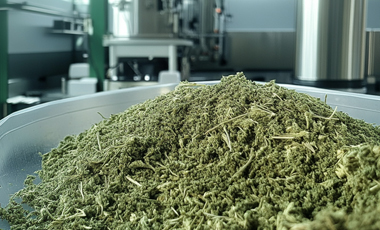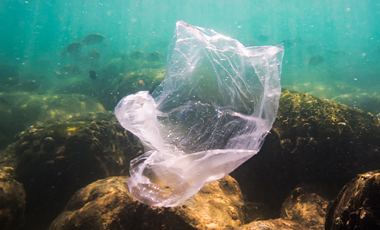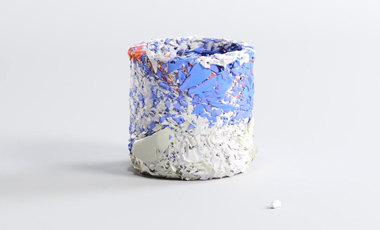

Hemp: A crop with a future
For years its potential was ignored, but today the world is rediscovering all that hemp can bring to industry and the environment.
When it comes to sustainability, one resource stands out above many others: hemp. It's not just a plant, it's a versatile solution that could change the way we produce materials, reduce pollution and regenerate soils.
🌱 More than a crop, a regenerative solution.
Hemp is not only a sustainable raw material, it has unique environmental benefits:
✅ It regenerates soils by absorbing heavy metals and improving their fertility.
✅ It captures large amounts of CO₂, helping to combat climate change.
✅ It grows quickly and without agrochemicals, requiring less water and no pesticides.
Its versatility makes it a real alternative to polluting materials in sectors such as construction, fashion, biotechnology and, of course, bioplastics.
♻️ Hemp and bioplastics: an important alliance
One of its most promising uses is in the production of biopolymers. From hemp biomass, we can develop biodegradable materials that replace fossil plastics without leaving toxic residues.
At Landopp, we work with this resource because we believe that the future of materials must be in balance with the planet.
🌍 We don't need more resources that exploit the earth. We need materials that regenerate, protect and respect it.
Other related news
-
Sustainability

Industrial hemp: a strategic driver for Uruguay’s new bioindustry
Could this be the cornerstone of a new green and regenerative economy for Uruguay?
-
Sustainability

Redefining Value: Why Investing in Sustainability is No Longer Optional
In a world where the word "cost" drives key business and government decisions, we need to rethink what we are talking about when we talk about investment.
-
Sustainability

At the bottom of the sea: the garbage that betrays us
The Calypso Trench in the Ionian Sea reveals a worrying concentration of marine debris, revealing the extent of human pollution in the depths of the ocean.
-
Sustainability

Circular Economy: Redefining Value
The system we live in is designed for waste. We produce, consume, and discard - leaving behind millions of tons of waste that accumulate in landfills, oceans, and soil. But what if there were no more waste?
